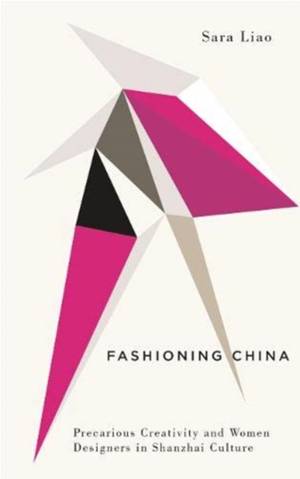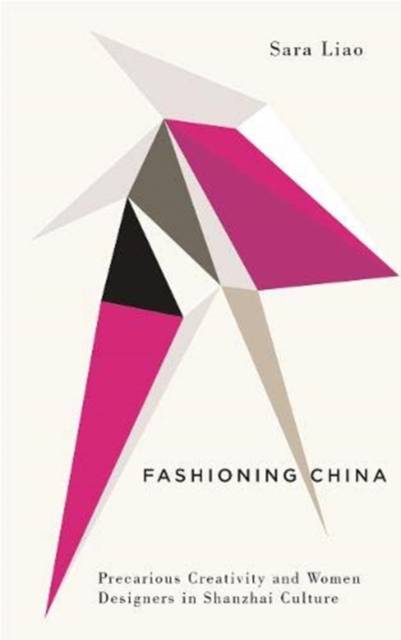
- Afhalen na 1 uur in een winkel met voorraad
- Gratis thuislevering in België vanaf € 30
- Ruim aanbod met 7 miljoen producten
- Afhalen na 1 uur in een winkel met voorraad
- Gratis thuislevering in België vanaf € 30
- Ruim aanbod met 7 miljoen producten
Zoeken
€ 55,45
+ 110 punten
Uitvoering
Omschrijving
'Shanzhai' from Cantonese slang, refers to the production of fake goods in China, which enjoy an anti-authoritarian-like dissemination across the global market. Starting with mobile phones, now fashion brands are subverted in this way, with many women at the helm of design and production. Fashioning China looks at the women designers simultaneously subverting and reinforcing the nationalist-developmentalist, masculinist and technocratic dream of brands that are 'Made in China'. Broadening the digital labour debate beyond typical masculine and techno-utopic readings, Sara Liao studies the precarious practices of women trying to create sustainable and creative lives, vividly illustrating a fashion culture that exists online as a significant part of the digital economy. Drawing on material from interviews, participant observation, archives, policy documents, films and advertisements, Liao takes a multi-disciplinary approach to the topic, charting out the politics of intellectual property rights, globalisation, technocracy, patriarchy and nationalism in a non-Western context.
Specificaties
Betrokkenen
- Auteur(s):
- Uitgeverij:
Inhoud
- Aantal bladzijden:
- 224
- Taal:
- Engels
- Reeks:
Eigenschappen
- Productcode (EAN):
- 9780745340708
- Verschijningsdatum:
- 20/02/2020
- Uitvoering:
- Paperback
- Formaat:
- Trade paperback (VS)
- Afmetingen:
- 135 mm x 216 mm
- Gewicht:
- 317 g

Alleen bij Standaard Boekhandel
+ 110 punten op je klantenkaart van Standaard Boekhandel
Beoordelingen
We publiceren alleen reviews die voldoen aan de voorwaarden voor reviews. Bekijk onze voorwaarden voor reviews.











